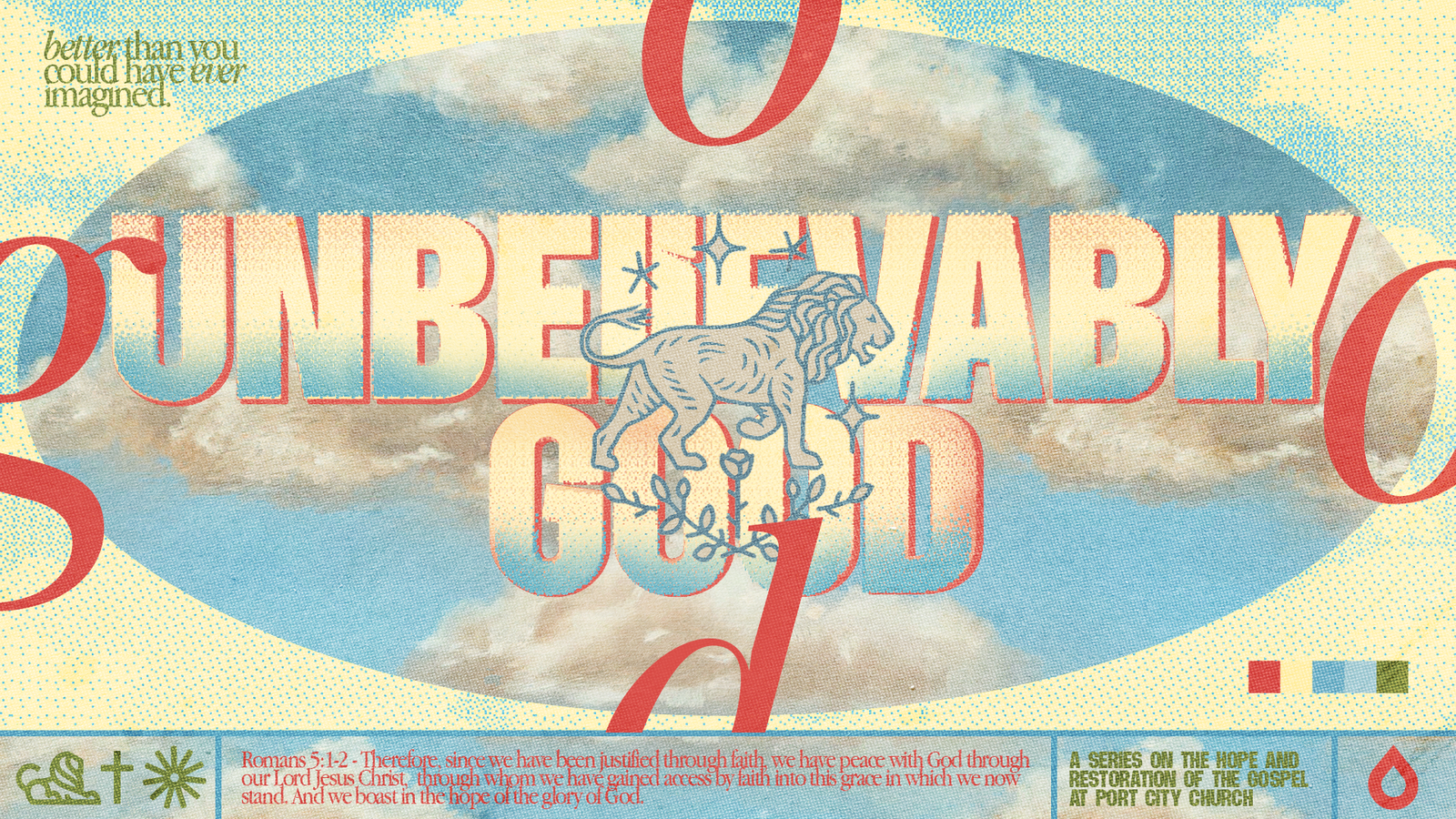Where is Your Sting?
READ
There's something delightfully defiant about today’s verses. Paul isn't whispering a tentative hope or expressing a vague wish. He's taunting humanity's oldest enemy. He's standing at the edge of death's territory and mocking its pretensions of power. It's as if Paul is saying, "Is that all you've got?"
Let’s take a moment to read 1 Corinthians 15:55-57:
“Where, O death, is your victory?
Where, O death, is your sting?”The sting of death is sin, and the power of sin is the law. But thanks be to God! He gives us the victory through our Lord Jesus Christ.
REFLECT
This passage comes near the end of a chapter devoted to defending the physical resurrection of Jesus and its implications for believers. After exploring the evidence and significance of resurrection, Paul bursts into this triumphant challenge to death itself. His words echo Hosea's prophecy (Hosea 13:14) but are now supercharged with fulfillment through Christ's empty tomb.
Death has been humanity's great nemesis since Eden—the ultimate equalizer that comes for rich and poor, famous and forgotten, powerful and weak. Its universal reach and irreversible finality have made it the source of our deepest fears. Countless philosophical systems, religious practices, and psychological defenses have been constructed to help humans cope with the looming reality of mortality.
But Paul refuses to merely cope with death. He declares victory over it. The resurrection of Jesus transforms death from an ending into a transition, from a wall into a doorway. The tyrant that ruled human experience through fear (Hebrews 2:14-15) has been dethroned.
Paul's analysis goes deeper than just celebrating life after death. He identifies why death has been so terrible: "The sting of death is sin, and the power of sin is the law." Death's ability to harm us comes from sin—our rebellion against God that separates us from the Source of life. And sin derives its condemning power from God's righteous law that we've violated.
But here's the revolutionary truth: through Christ's perfect life, atoning death, and victorious resurrection, both sin and the law's condemnation have been addressed. Jesus fulfilled the law's demands through His perfect obedience and bore sin's penalty through His sacrificial death. Then, through His resurrection, He demonstrated that both law and sin—and therefore death itself—have been conquered.
This victory isn't just theological theory; it transforms how we live now. When death loses its ultimate sting, we're freed from its tyrannical grip on our decisions. No longer driven by desperate attempts to avoid, deny, or postpone death, we can live purposefully and courageously. The resurrection gives us permission to invest in eternal values rather than frantically accumulating temporary treasures that death would otherwise steal.
For the cancer patient facing treatment, the resurrection whispers, "This is not the final word." For the grieving parent standing at a small grave, the resurrection promises, "This separation is temporary." For the elderly believer whose body is failing, the resurrection assures, "Your story is far from over."
Paul's response to this cosmic victory is the only appropriate one: "Thanks be to God!" Our salvation isn't a human achievement but a divine gift. We contribute nothing to our resurrection hope except the sin that made it necessary. All glory belongs to God, who gives us "the victory through our Lord Jesus Christ."
This is the triumphant finale of the gospel story—not just problem solved, but enemy defeated; not just sins forgiven, but death reversed; not just reconciliation offered, but eternal life secured. The resurrection transforms the gospel from merely good advice into the best news imaginable.
RESPOND
Take a moment to process what God might be leading you to do in light of what you read.
How would your approach to daily decisions if you lived with a constant awareness of Christ's victory over death?
What specific fears or anxieties in your life might be rooted in death's "sting," and how does the resurrection address them?
REST
Take a moment to rest in God’s presence and consider one thing you can take away from your time reading, then close your devotional experience by praying:
Victorious God, I thank You that through Jesus Christ, death has lost its sting and its victory. Thank You for transforming my greatest fear into a conquered enemy through the power of resurrection. Help me to live today and every day in the freedom and confidence that comes from knowing the final outcome is secure in You. Amen.

